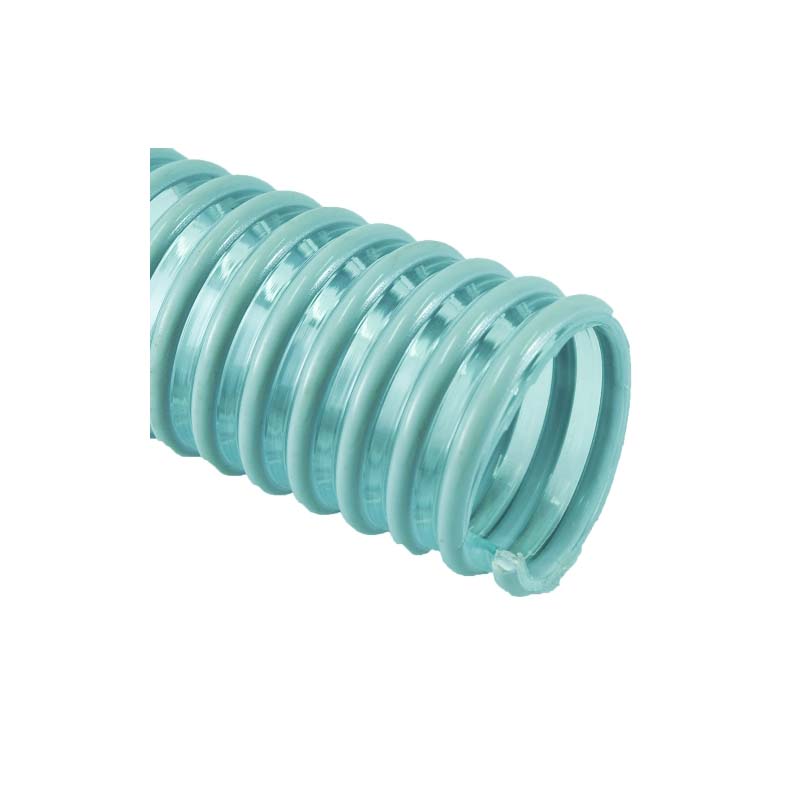High-Quality PVC Air Hose Manufacturing for Durable and Flexible Industrial Applications
The Importance of PVC Air Hose Factories in Modern Industries
In today’s fast-paced industrial landscape, the demand for efficient and reliable tools is ever-increasing. Among these essential tools, PVC (Polyvinyl Chloride) air hoses play a crucial role. PVC air hoses are widely used across various industries due to their lightweight, flexibility, and resistance to wear and tear. As such, PVC air hose factories have become vital in meeting the growing needs of various sectors, including construction, manufacturing, and automotive industries.
Understanding PVC Air Hoses
PVC air hoses are designed for a variety of applications, primarily for the transfer of air and other gases. They are made from a mixture of polymerized vinyl chloride, a versatile thermoplastic known for its durability and resilience. Unlike traditional rubber hoses, PVC hoses are lighter, making them easier to handle and transport. Additionally, they are available in different sizes and pressure ratings, adapting to the requirements of diverse tasks.
These hoses feature excellent resistance to abrasion, chemicals, and ultraviolet light, making them suitable for both indoor and outdoor applications. Their flexibility allows for smooth operation, even in tight spaces or during prolonged use. Moreover, these hoses can easily be coiled and stored, which is a significant advantage for professionals who require mobility in their operations.
The Role of PVC Air Hose Factories
Manufacturing PVC air hoses involves a complex blend of material science and engineering. PVC air hose factories are equipped with advanced machinery that ensures precision in production. From the extrusion of the PVC material to the quality control processes, factories focus on maintaining high standards to produce reliable products.
pvc air hose factory

Factories typically employ skilled laborers and technicians who understand the intricacies of the manufacturing process. They conduct extensive quality checks at various stages, ensuring that each hose meets safety and performance standards. These checks often include evaluating the hose's pressure capacity, flexibility, and environmental resistance.
Moreover, many factories are increasingly adopting sustainable practices. This includes the use of recycled materials and energy-efficient manufacturing processes to minimize their ecological footprint. By prioritizing sustainability, PVC air hose factories not only contribute to reducing waste and pollution but also appeal to a growing market of environmentally conscious customers.
Advancements in PVC Air Hose Technology
The PVC air hose industry has witnessed significant advancements in recent years. Innovations in materials and manufacturing techniques have led to the development of hoses that offer improved durability and performance. For example, new formulations of PVC can enhance UV resistance and reduce the likelihood of cracking or degradation over time.
Additionally, some factories are embracing digital technologies in their production processes. Automation and computerized systems help streamline operations, reduce errors, and increase production efficiency. These technological advancements enable factories to scale up their operations and meet the rising demand for PVC air hoses in various sectors.
Conclusion
As industries continue to evolve, the role of PVC air hose factories becomes increasingly pivotal. These manufacturing plants not only produce essential tools that facilitate numerous applications but also drive innovation and sustainability within the industry. By investing in advanced technologies and maintaining high-quality standards, PVC air hose factories are positioning themselves as key players in the global manufacturing landscape. Their contributions ensure that businesses have the reliable tools they need to operate efficiently while also addressing the environmental challenges of our time. As we move forward, the future of PVC air hose manufacturing looks promising, with continued growth and innovation on the horizon.
-
Unrivaled Performance and Applications of PU Pneumatic Hoses and TubesNewsJun.11,2025
-
The Transparent World of Industrial Tubing and Hosing SolutionsNewsJun.11,2025
-
The Intricate World of Pneumatic Conduits: Tubes and HosesNewsJun.11,2025
-
The Dynamic Landscape of Pneumatic Conduits: Unraveling Key ComponentsNewsJun.11,2025
-
The Diverse Applications and Significance of Transparent PVC TubingNewsJun.11,2025
-
High - Pressure Pneumatic Tubing and Systems: An In - Depth LookNewsJun.11,2025














